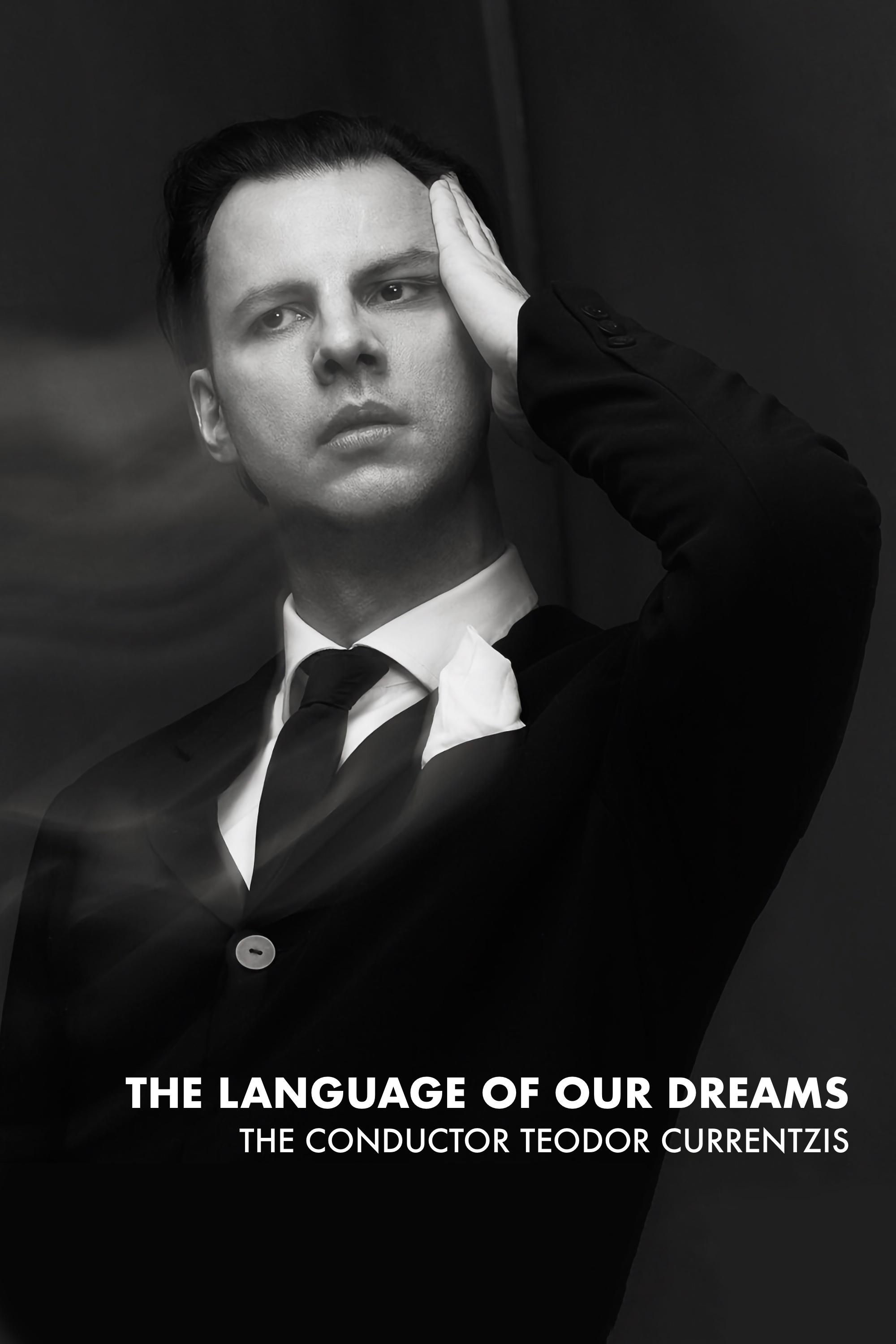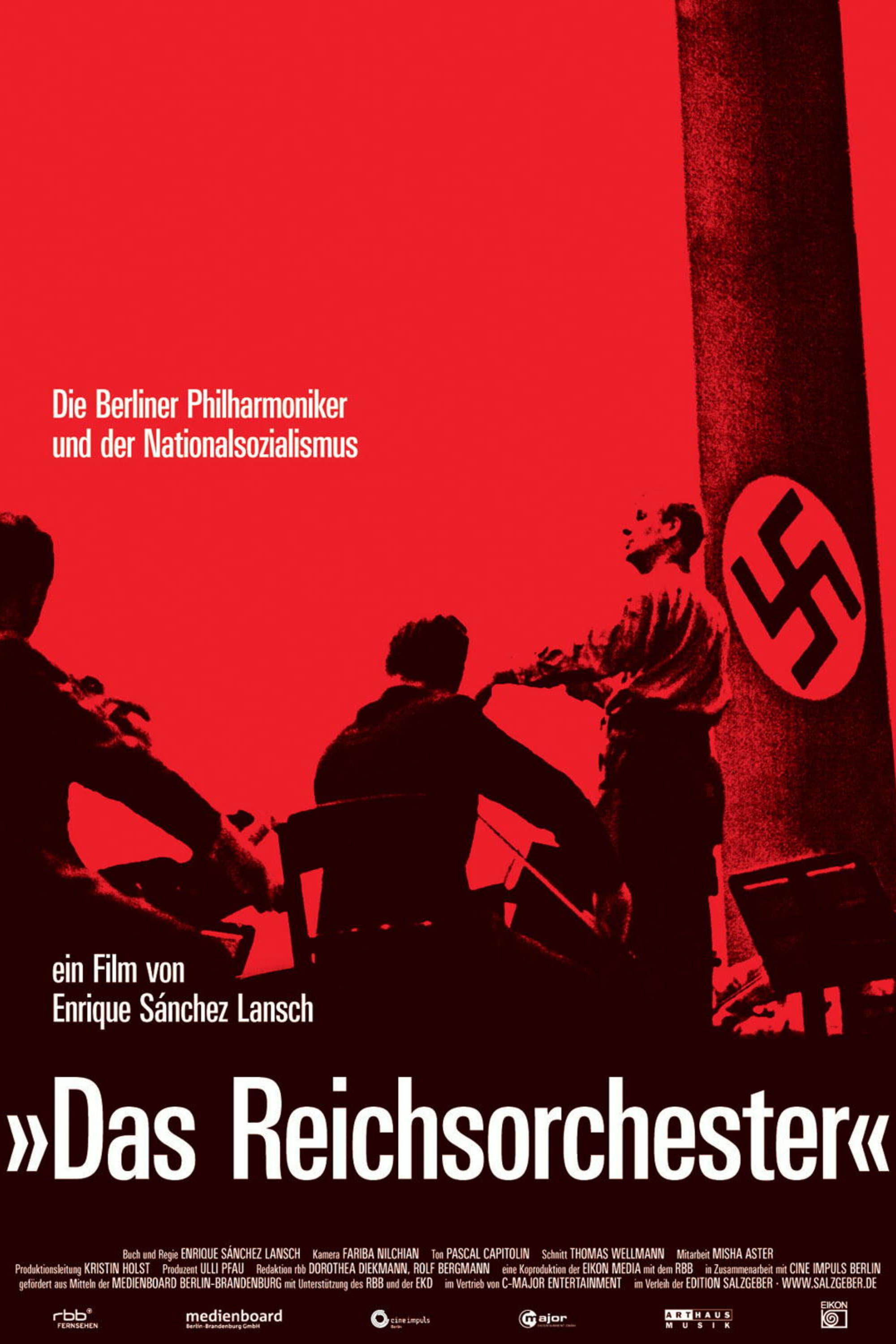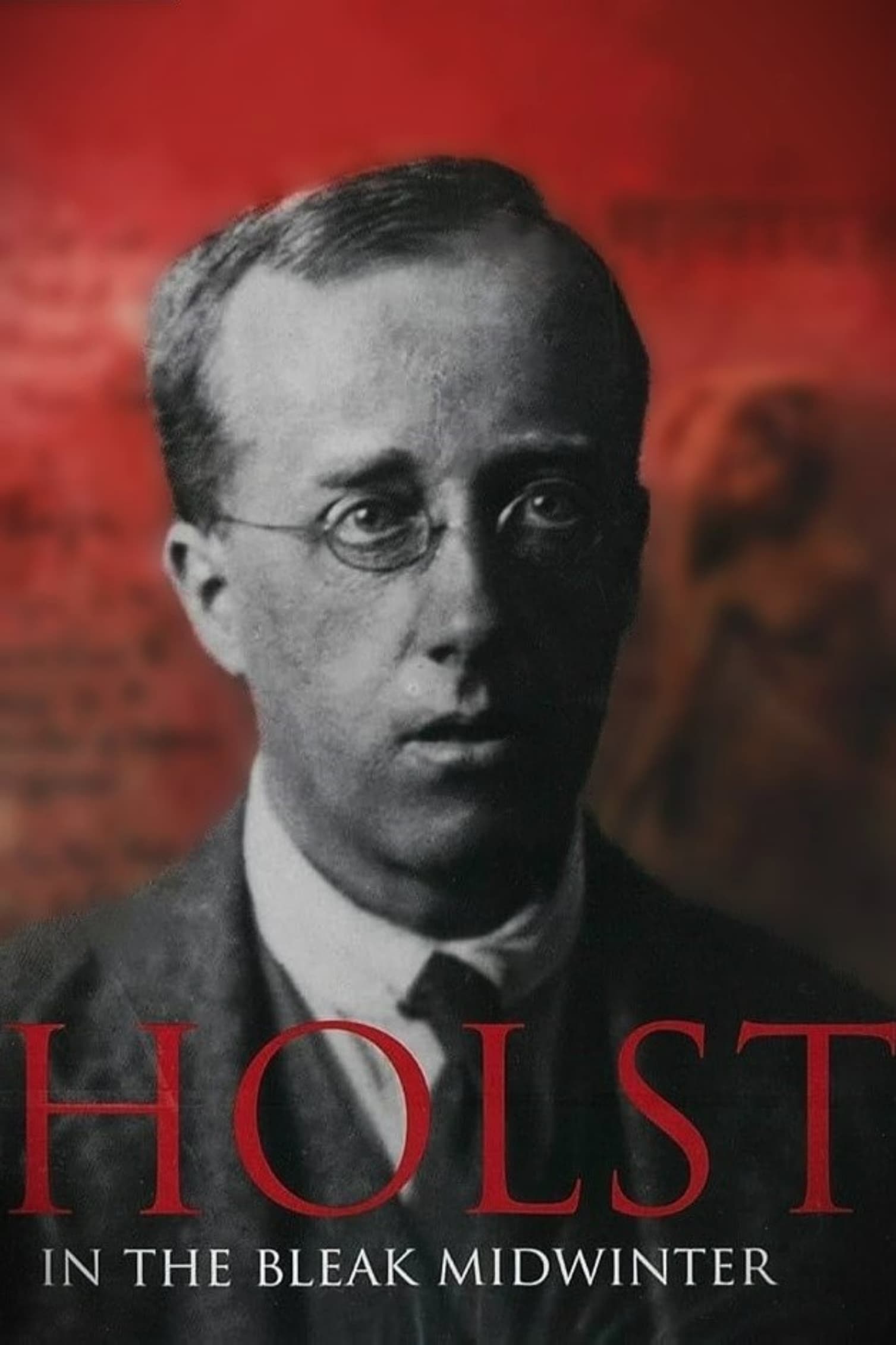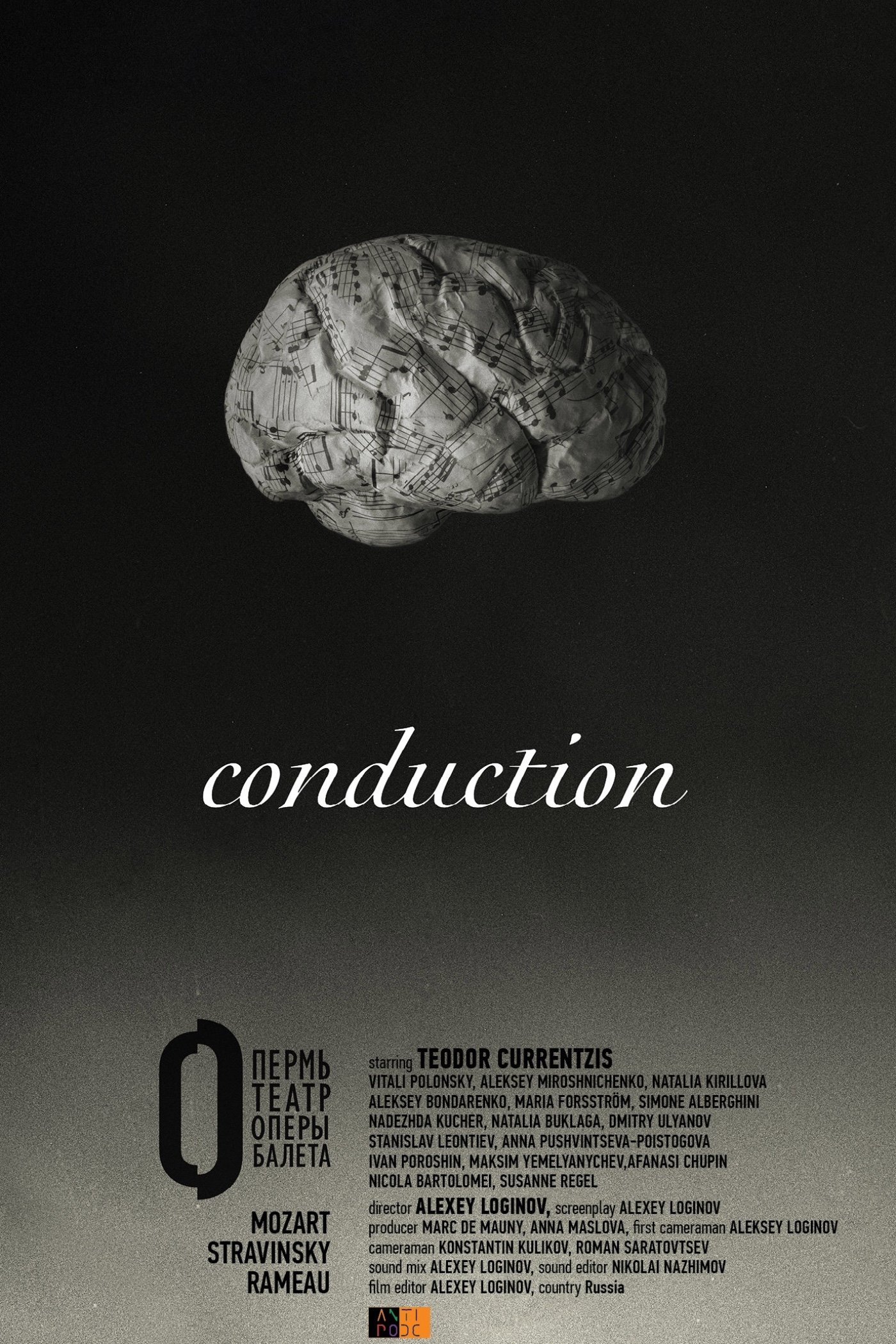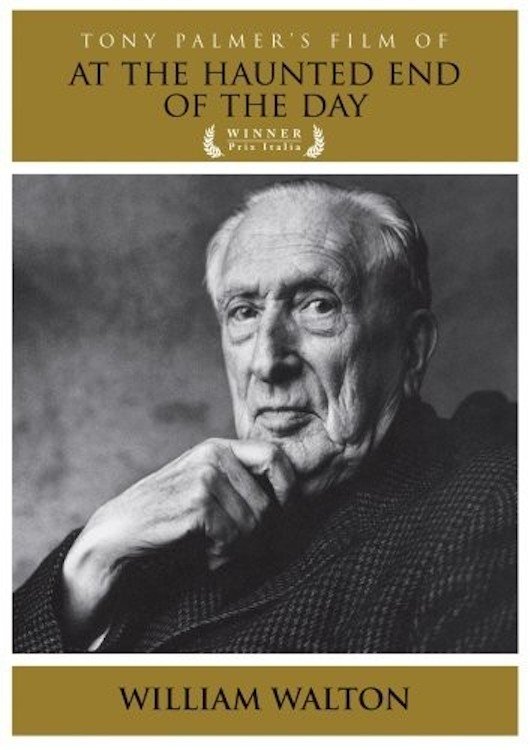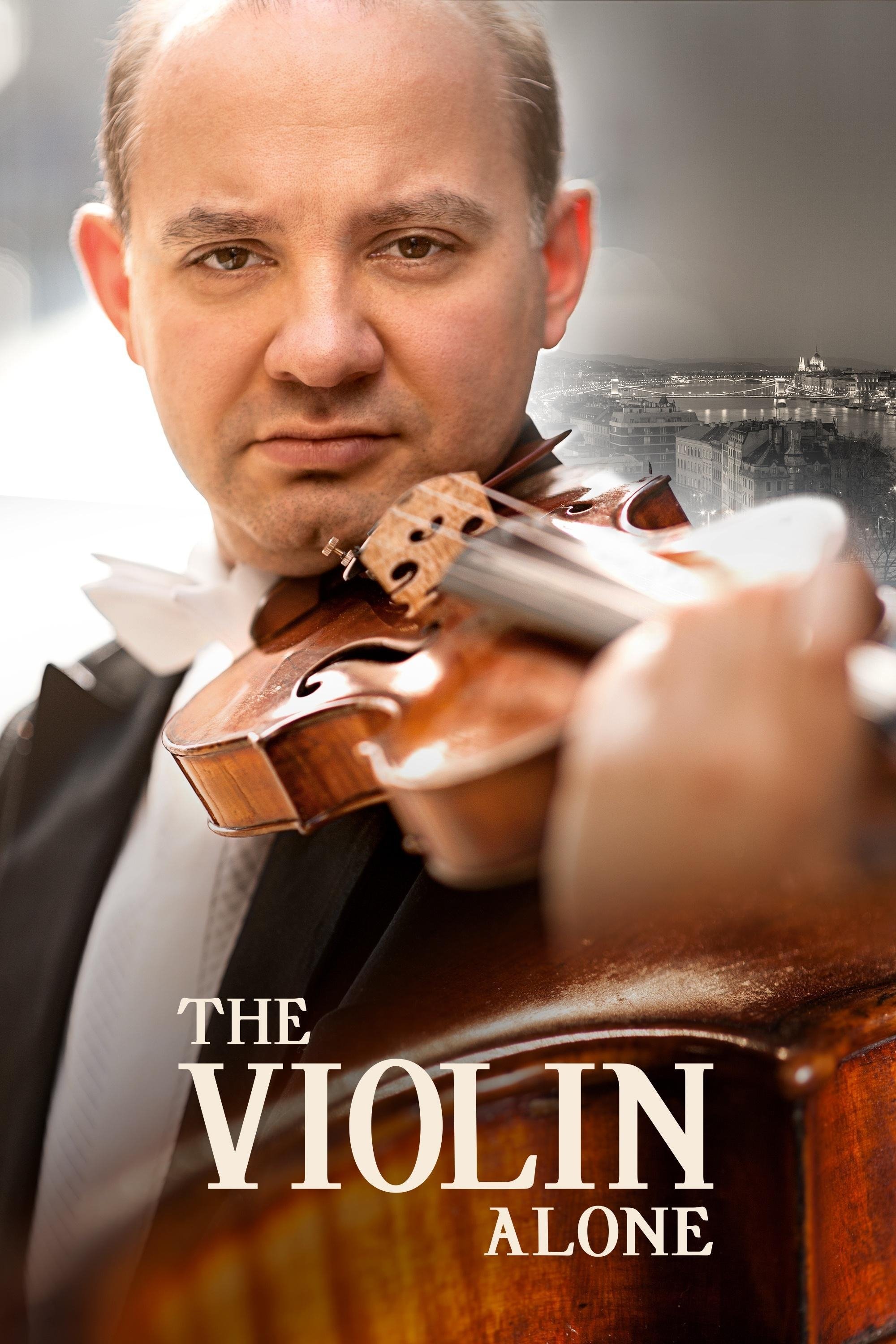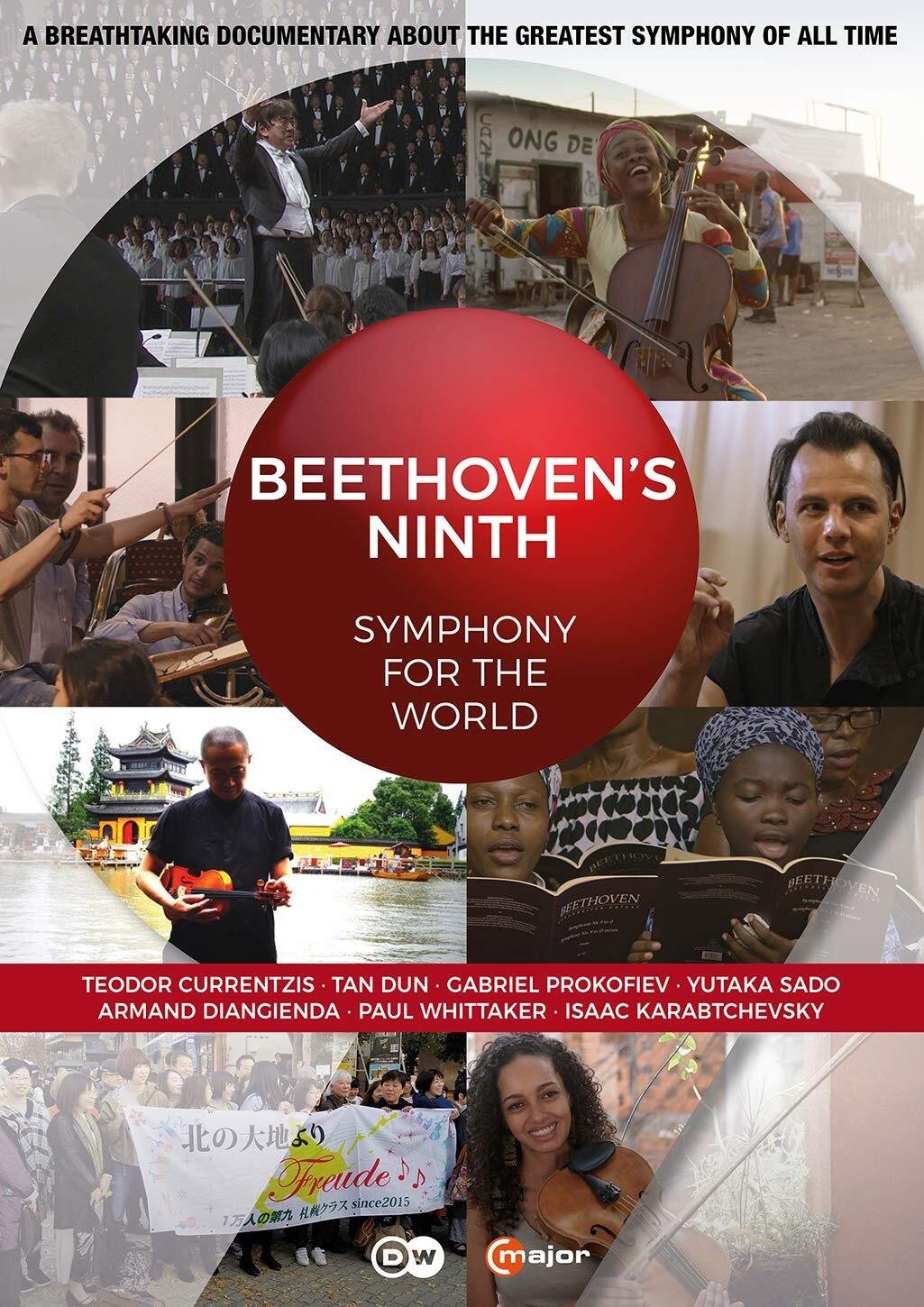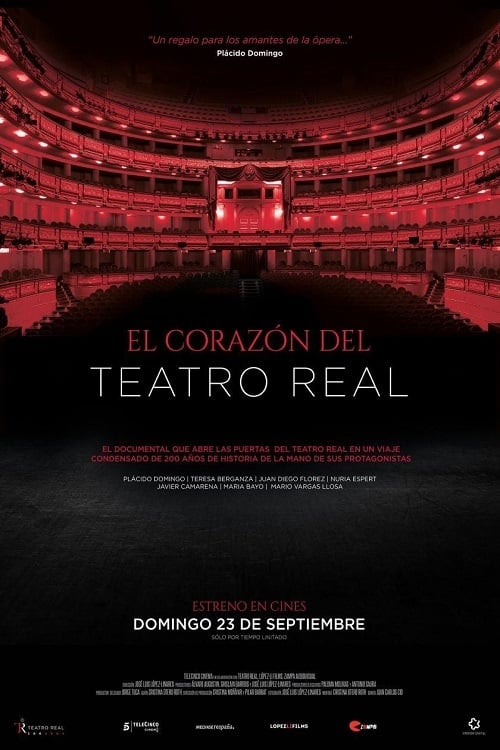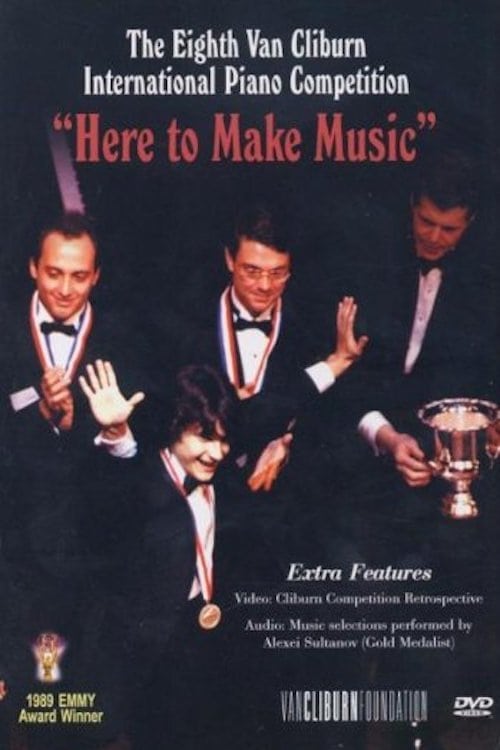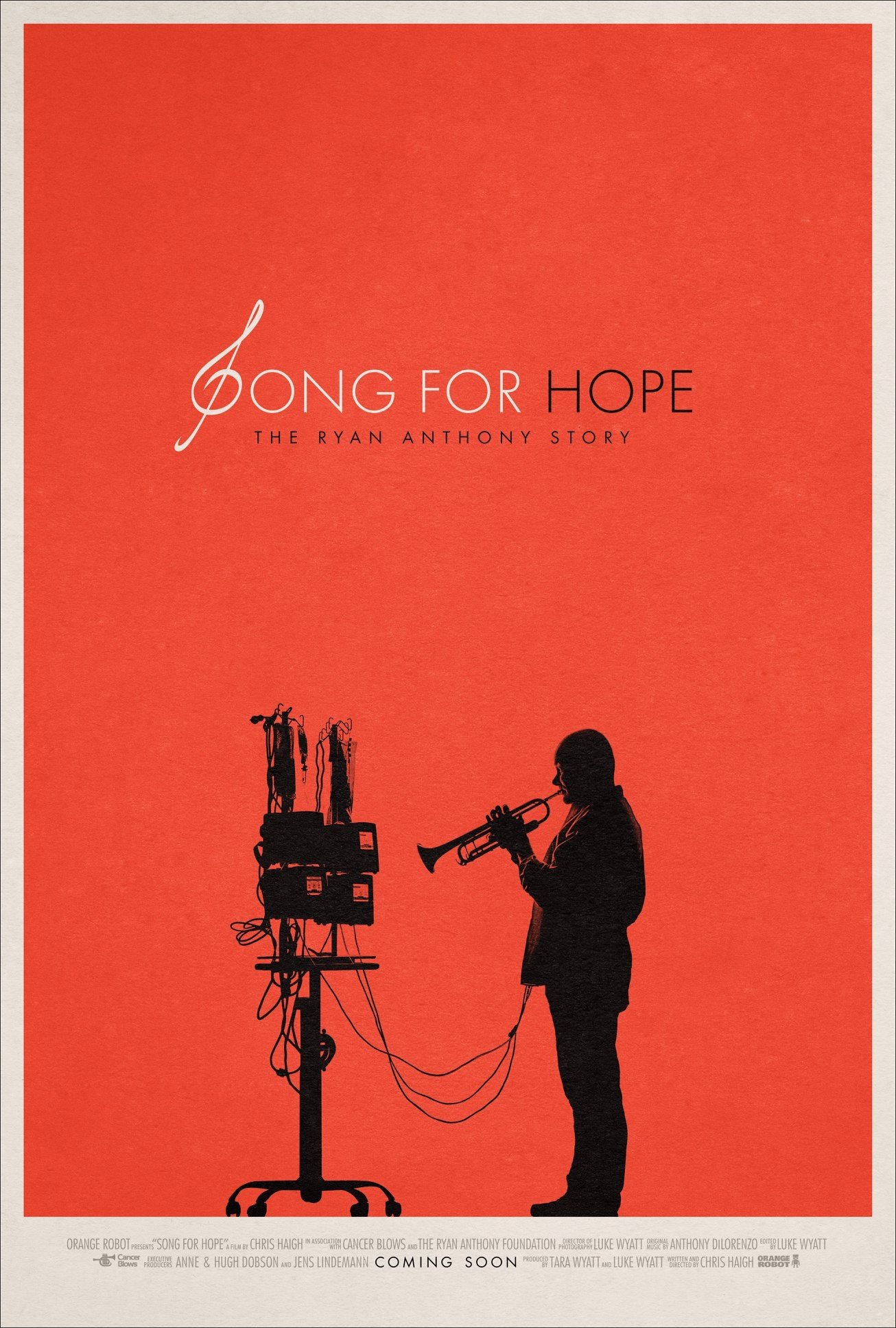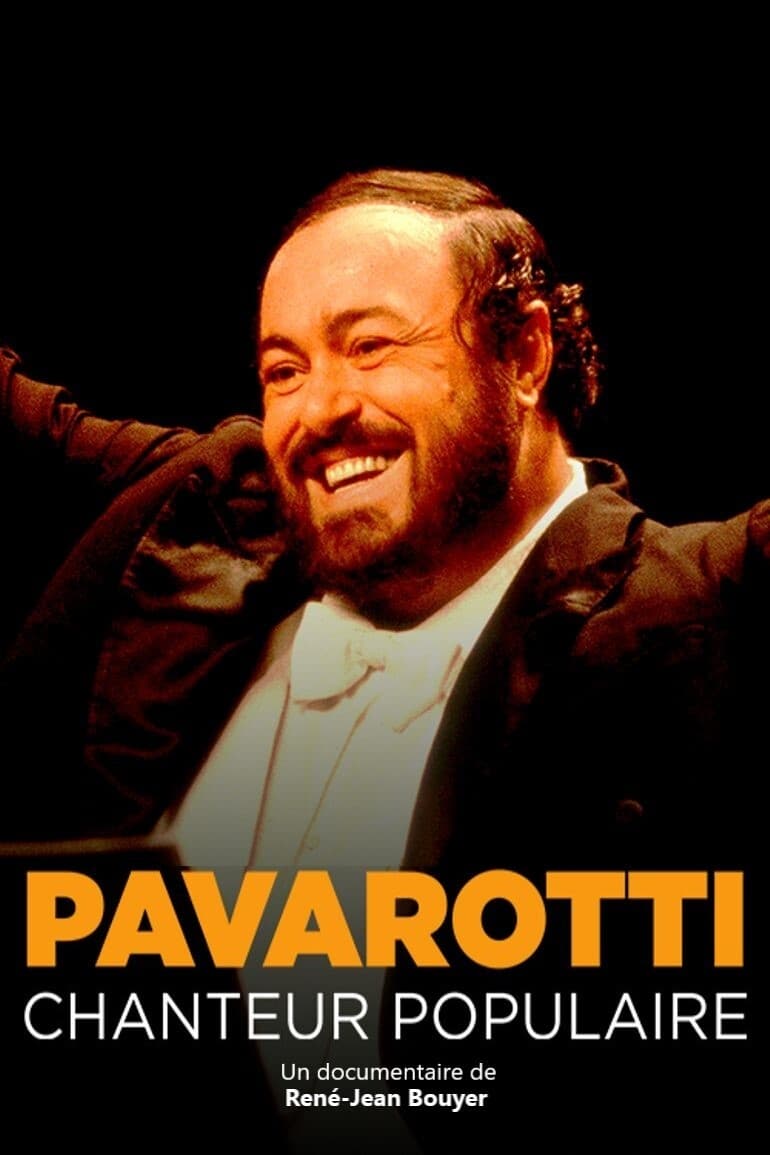Gidon Kremer: Back to Bach (2007)
Overview
The film includes rare archival footage and tells in a very personal way of Gidon Kremer's encounters with Johan Sebastian Bach's music, accompanying the famous violin virtuoso in rehearsals, recording sessions and discussions with a few trusted confidants.
Production Companies
Additional Info
| Budget | $0.00 |
|---|---|
| Revenue | $0.00 |
| Original Language | en |
| Popularity | 0.284 |
Directed By
Crew
TOP CAST
Similar Movies
The Story of the Weeping Camel
When a Mongolian nomadic family's newest camel colt is rejected by its mother, a musician is needed for a ritual to change her mind.
La familia Figueroa: una dinastía musical
Documentary on the life and accomplishments of the members of this uniquely talented musical family. The film focuses on the Figueroa family’s history within the context of its creative universe, dating back to the 19th century. Through the use of photographs, historic film footage, recordings, sheet music, newspaper clippings, and posters, the musical trajectory of the family is brought to life and their role in transforming the musical history of Puerto Rico and the world is portrayed.
Magic Moments of Music – Horowitz in Moscow
After more than 60 years, the uncrowned king of 20th century pianists returned to his freedom-torn homeland to perform his swan song in a piano recital. In the mid-1980s, a breathtaking concert took place in Moscow that many still recall with emotion. The great Ukrainian-American pianist Vladimir Horowitz performed there for the first time in more than half a century. At that time, the border between East and West was impassable. The Cold War was in full swing. The two superpowers, the US and the Soviet Union, considered each other enemies. The race to produce atomic weapons threatened everyone's lives. The legendary pianist Vladimir Horowitz, then eighty-two years old, began one evening discussing with his concert agent Peter Gelb what he dreamed and wished for. One of the things was to look back to Russia.
The Language of Our Dreams – The Conductor Teodor Currentzis
“The most important work doesn’t take place on stage, but everywhere else,” Teodor Currentzis is convinced. And that is precisely where this film portrait follows him. For eight months, German director Andreas Ammer accompanied the charismatic conductor. He observed him in rehearsals with the SWR Symphony Orchestra, which Currentzis leads as chief conductor since 2018. He has visited him at his former place of activity in Perm, where he led the opera house from 2011 to 2019 and launched his career through meticulous work with his ensemble musicAeterna. He accompanied Currentzis on guest performances and had numerous conversations with him. The result is a many-faceted portrait of the impressive musician, who sees his profession also as a spiritual mission.
The Reich's Orchestra
In 2007, the Berliner Philharmoniker celebrated their 125th anniversary. Film director Enrique Sánchez Lansch took this occasion to tell a hitherto unknown chapter in the history of the Berliner Philharmoniker: the years of National Socialism from 1933 to 1945. The film, “The Reichsorchester”, made in collaboration with musicians of the orchestra and its archive.
Holst: In the Bleak Midwinter
The great composer of The Planets, Gustav Holst also taught himself Sanskrit, lived in a street of brothels in Algiers, cycled into the Sahara Desert, and allied himself during the First World War with a ‘red priest' who pinned on the door of his church "prayers at noon for the victims of Imperial Aggression". He hated the words used to his most famous tune "I Vow to Thee My Country" because it was the opposite of what he believed, and died before the age of 60 - broken and disillusioned.
Tanglewood: A Place for Music
A look at the activities of the Tanglewood Music Center, America's renowned summer Academy for talented musicians, singers, composers and conductors.
Tanglewood: So you want to be a conductor
In 1985, cameras take a look inside the Berkshire Music Center, the most prominent pre-professional classical music academy in the US. Seiji Ozawa, Leonard Slatkin and others work with the next generation younger conducting talent.
Conduction
This unconventional film is an observation Teodor Currentzis – one of the most extra-ordinary modern conductors. Backed by pieces from Mozart, Stravinsky, Jean-Philippe Rameau and with choreography by Jiri Kylian, this film is 64 minutes of love, light, life, beauty and being inside music.
At the Haunted End of the Day
A documentary by Tony Palmer on English composer Sir William Walton (1902–1983), made shortly before his death. The film includes the only full-length interview ever recorded with Walton. Filmed at his home on Ischia and in Oxford, London & Oldham, it includes contributions from Laurence Olivier, Sacheverell Sitwell and Lady Susana Walton. Specially performed extracts of his music are conducted by Simon Rattle in his first substantial contribution to television when he was in his early 20s, with Simon Preston, Julian Bream, Yvonne Kenny, Yehudi Menuhin, Iona Brown, John Shirley-Quirk, Elgar Howarth & Ralph Kirshbaum, the Philharmonia Orchestra, the Grimethorpe Colliery Band, Christ Church Cathedral Choir, Oxford & Los Paraguayos.
The Violin Alone
A chance encounter between two modern visionaries results in a collaboration that pushes the boundaries of music and our idea of the possible –a piece in which the player must perform orchestra and solo parts simultaneously on a violin.
Beethovens Neunte - Symphonie für die Welt
The 9th Symphony of Ludwig van Beethoven is one of the most popular pieces of classical music in the world. Even those who are not passionate about the classical music recognize the famous Ode to Joy. Despite the grim context in which it was created, the 9th Symphony leaves us fascinated, moved and uplifted by its creativity, its power and its culmination in the Ode to Joy. More than 160 years after it was written, Beethoven’s hymn to brotherhood was adopted by the European Union as its official anthem. But Beethoven’s Ninth is also met with enthusiasm far beyond the borders of Europe. What’s the explanation for its never ending success? What is it about this work of art that fascinates people all over the world?
El corazón del Teatro Real
Documentary about an emblematic institution of the Spanish Arts, Madrid's Teatro Real, or Royal Theatre, released to celebrate it's 2nd centenary anniversary.
Eighth Van Cliburn International Piano Competition: Here to Make Music
Emmy Award winning documentary, directed by Peter Rosen, about the Eighth Van Cliburn International Piano Competition in 1989, featuring interviews with the contestants and jurists, and footage from rehearsals and performances, including by competition winner Alexei Sultanov.
Song for Hope
When diagnosed with terminal cancer, a world renowned trumpet player uses music to give hope from concert stages to mountain tops, proving art is essential to survival.
Pavarotti, Birth of a Pop Star
Although he is unanimously credited with having democratised opera, making it accessible to the greatest number, focus is rarely put on the strategy he devised and implemented in order to carry out his actions, nor what his actions reveal of the man and artist, and of the resulting metamorphosis from opera singer to pop artist. Through this angle, this film sets out to pay tribute to the man who summed up his credo, obsession and life’s work, in the following way: “They led the public to believe that classical music belonged to a restricted elite. I was the way to prove to the world that was wrong.

